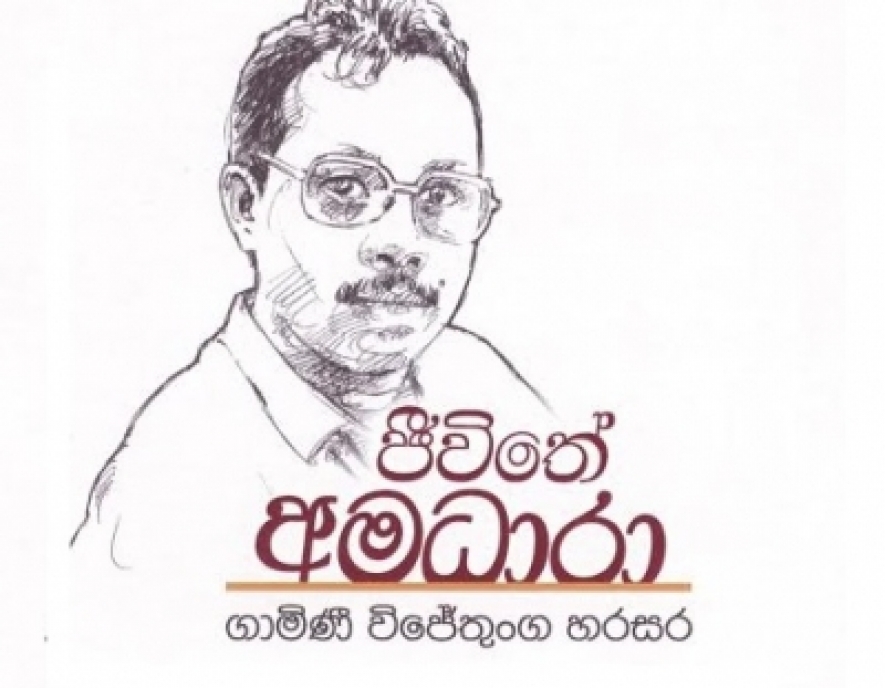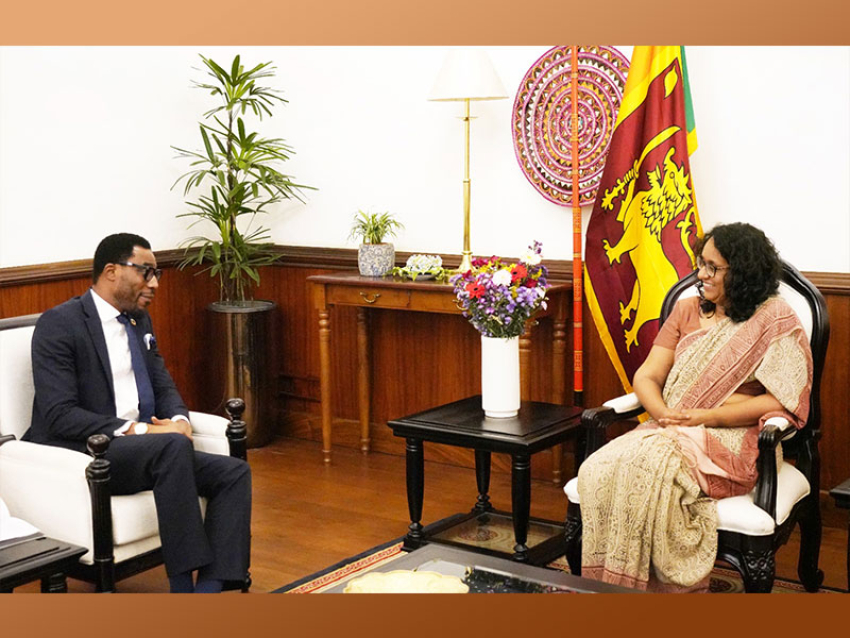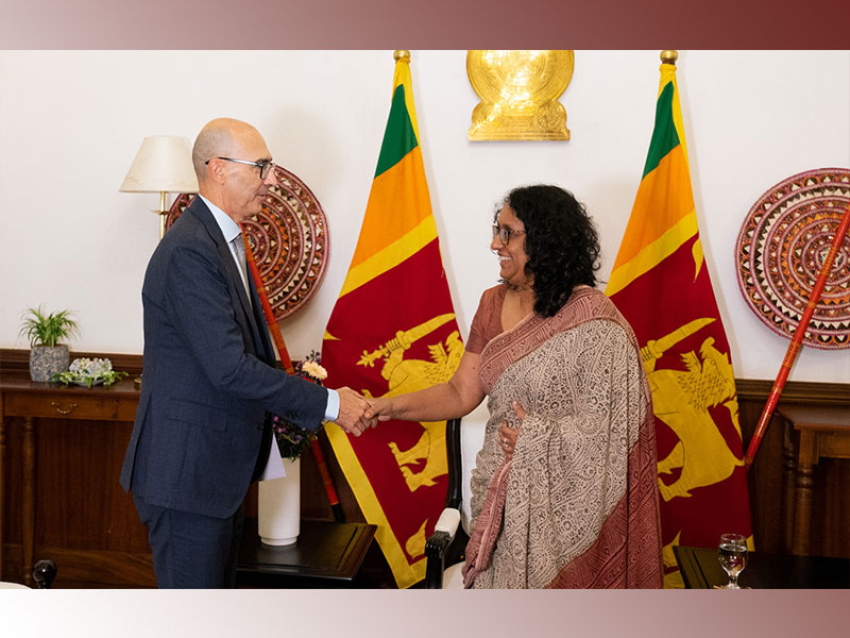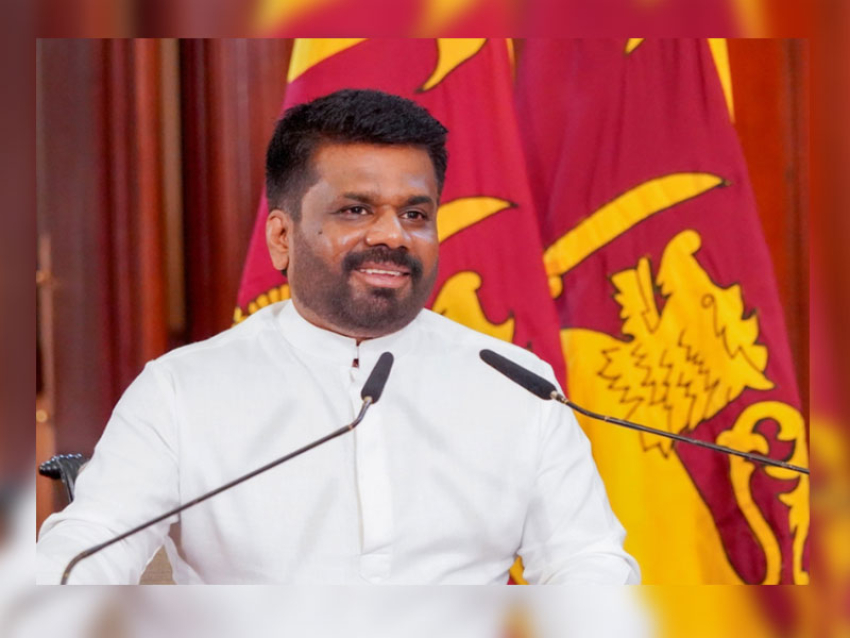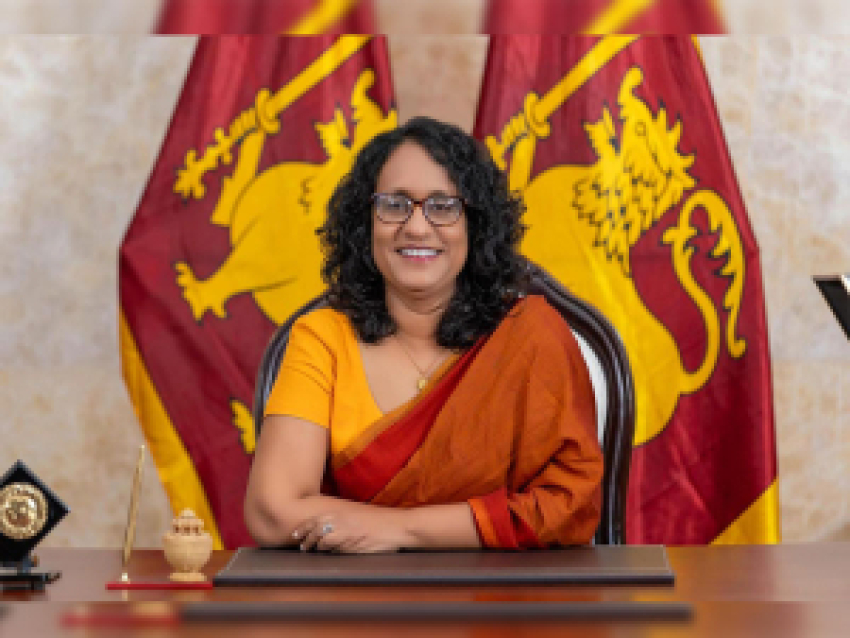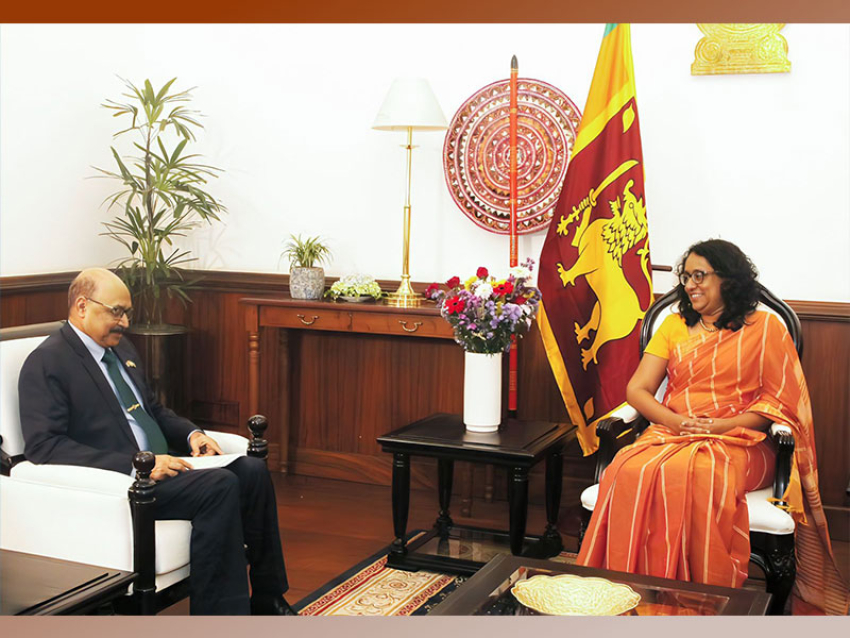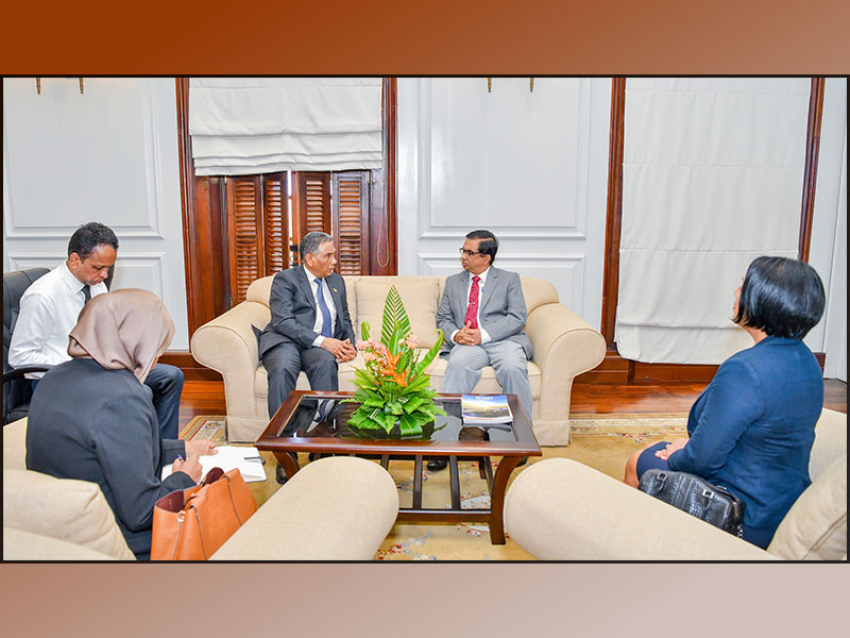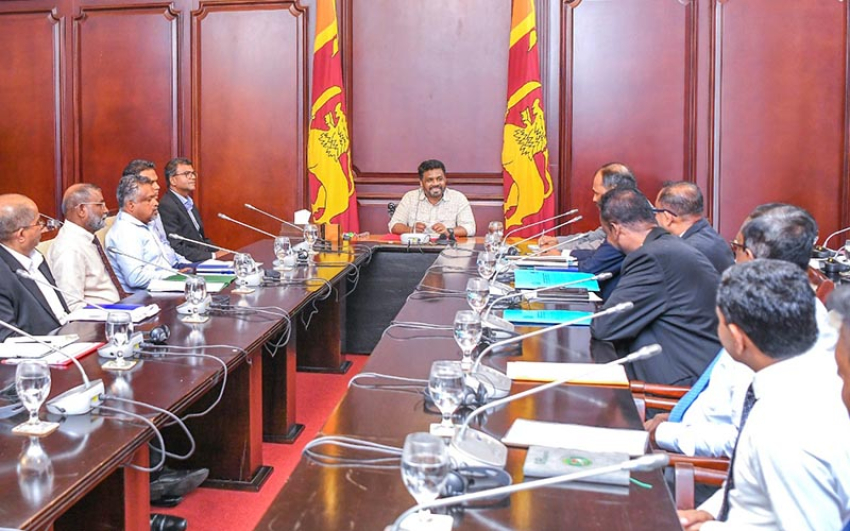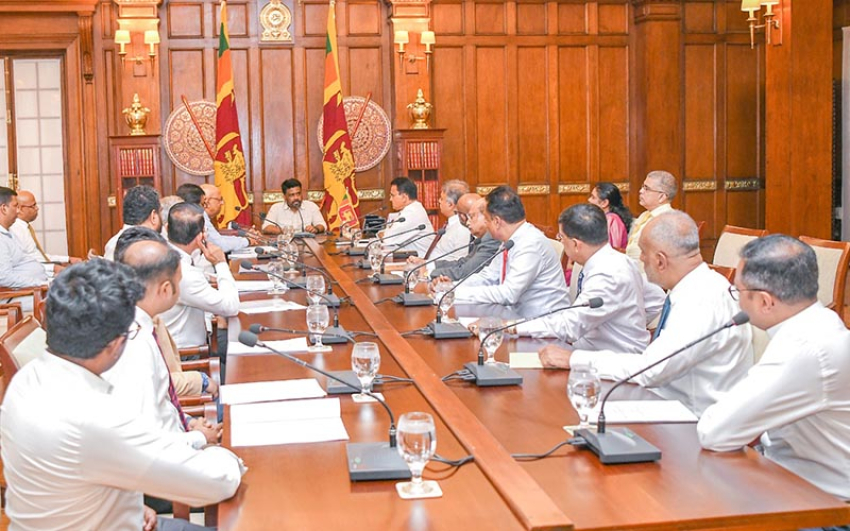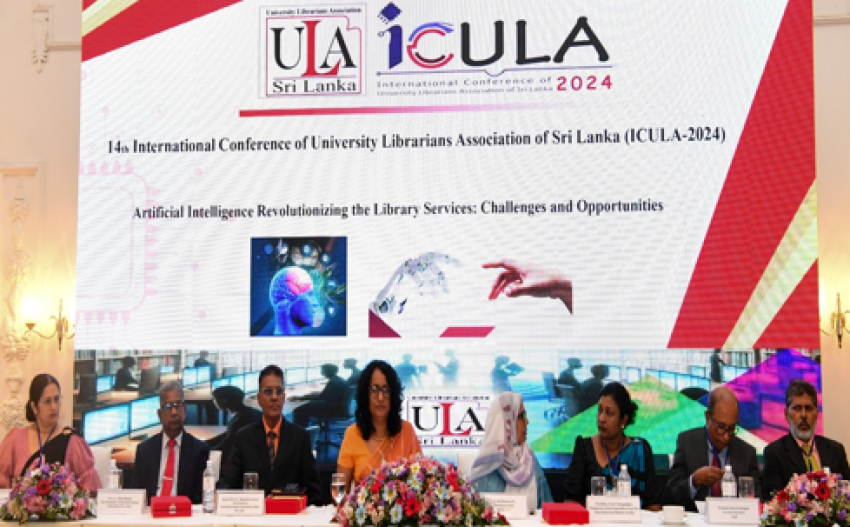Gamini Wijetunge was at the height of his powers when his sudden death occurred 14 years ago. Gamini Wijetunge belonged to the third generation of film critics to appear on the horizons of the Sinhala cinema during the last century. By contrast to the previous generations his was a generation more conscious than its predecessors of the whole social and political infrastructure, which had produced these films, Minister of Special Assignment Sarath Amunugama said while delivering the key note speech.
Unlike the previous generations they may not have been entirely bi-lingual but this they made up by other resources such as a mastery of the mechanics of filmmaking and appetite for watching the better kind of western film. The advent of Gamini's generation also coincided with the arrival of a new wave of Sinhala filmmakers after the 1970's who took the cinema by storm, Minister said.
Gamini was fortunate that from his youthful days he was able to associate freely with some of the pillars of the new wave. This innovative approach stood Gamini in good stead when he himself later took to magazine journalism.
According to the Director General of Government Information Dr. Darshani Gunathilaka, Gamini Wijethunge made his mark on the cultural scene as the Editor of the magazine 'Desathiya' brought out by the Information Department. The first Editor was the versatile Cyril B. Perera but his was a talent, which could not be accommodated, in a bureaucratic strait jacket.
It is a tribute to Gamini's spirit of independence that although emanating from a Government department, indeed the principal arm of Government propaganda, he was able to make the magazine attractive to a new critical generation of readers just as it is to the credit of Amunugama and his then political boss, Minister Anandatissa de Alwis that they were able to provide the setting for this.
'Desathiya' was an exciting experiment in magazine journalism. It went in for bold layouts, long and explorative features and a colloquial style of writing. Its cultural coverage was formidable. Where the mainstream newspapers were content with the ritual nod towards culture 'Desathiya' went in for extensive coverage and commentary on not merely the popular media such as films and drama but also neglected areas such as painting, music, dancing and the other fine arts, She added.
There was also extensive coverage of foreign affairs all done in an exciting house style, which carried Gamini's imprint from end to end.
As a film critics Gamini Wijetunge straddled two attitudes towards the cinema and was indeed enriched by the two generations, which had preceded him. While some critics concentrated on a film's content others were more enamoured of its technique. Gamini's writings were a synthesis of the two, Deputy Minister of Mass Media and Parliament Reforms Karunarathna Paranavithana said while delivering his short speech.
Deputy Minister pointed out that, Gamini refused to be boxed in by any ideology but he was by no means blind to the social and political realities of his day. He also saw the film in the context of its technique and mechanics. The result was that his film reviews were set in a strong sociological context illuminating both the content and the style of the filmmaker and making of the work an artistic whole.
Bringing this same approach to bear as a magazine editor he was fully receptive to all the new trends unleashed by consumerism, globalisation, post-modernism and similar fads. In his writings he was always conscious of these larger forces at work on Sri Lanka's insular and inward-looking intellectual world and sought constantly to enlarge its horizons.

